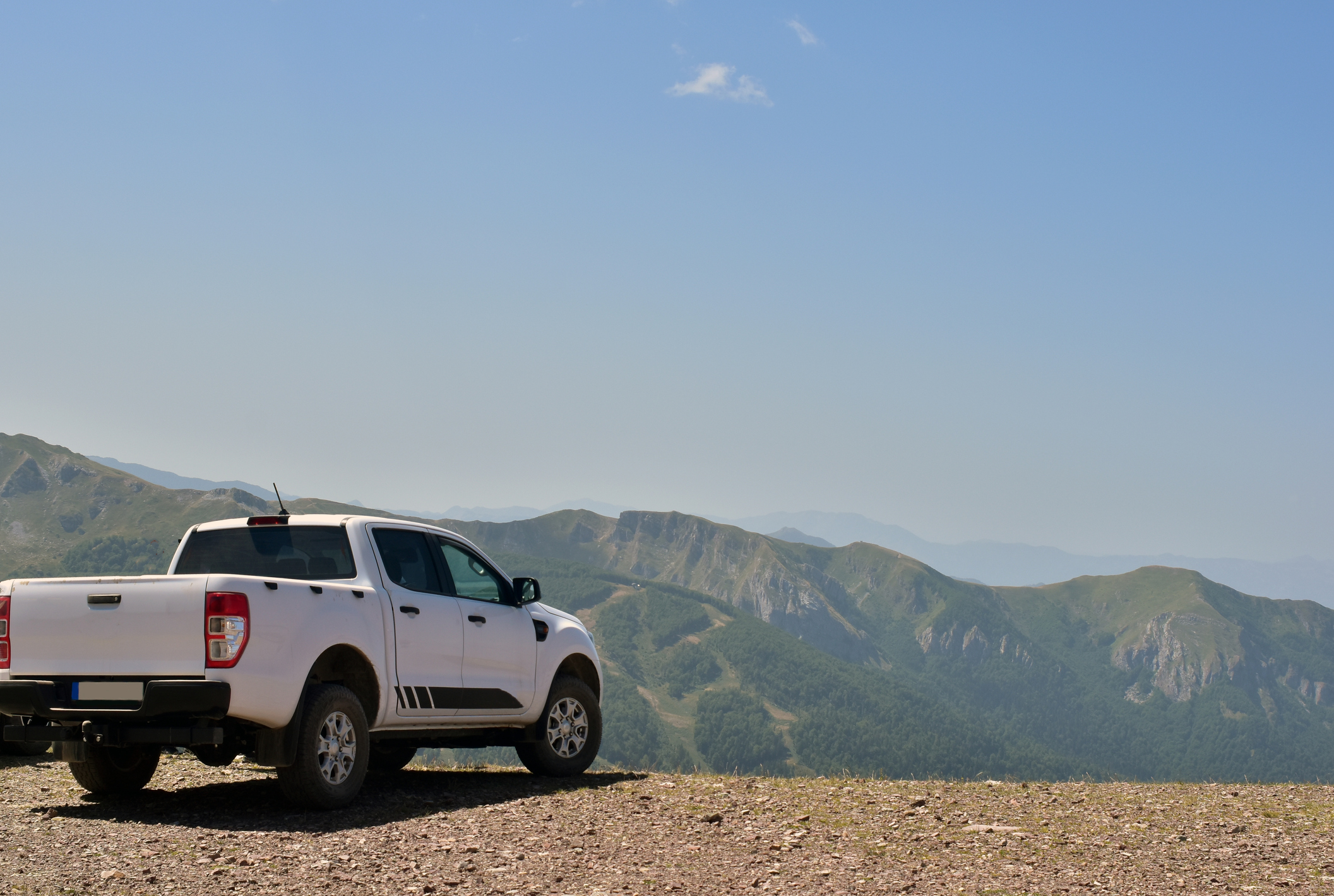
Date posted: 13th Feb 2024
Disclaimer: Further guidance on the tax treatment of double cab pickups has been provided, HMRC have reversed the decision to change the rules from 1 July 2024.
You can find out more on the government website here.
Legislation will be enacted to ensure that the treatment for double cab pick ups is clear.
As ever, we will endeavour to update you, should there be any further announcements.
As has been speculated for a number of years, the rules surrounding the tax treatment of double cab pick up vehicles, are going to be altered by HMRC.
Currently, the VAT legislation which defines a car and a van, is interpreted similarly for direct tax purposes. The VAT approach is simply based upon payload – anything over 1 tonne is a van and anything under 1 tonne is a car, as long as the vehicle has not been modified.
However, following the Coca-Cola case of 2020 –HMRC have been reviewing the rules and have now clarified their position.
Rather than the vehicles continuing to be treated as vans from a benefit-in-kind (BIK) perspective, which can be tax advantageous, HMRC have clarified that the treatment will need to be determined based upon “primary suitability” i.e., what were the vehicles primary suited to do – convey passengers (like a car) or convey goods (like a van).
HMRC believe that the default position should be that the vehicle is treated as a car where no predominant suitability for the carriage of goods can be identified. They believe that “most if not all double cab pickups will be classified as cars when calculating the benefit charge.”
What does this mean in practical terms?
Currently a company van driver with private use of the van and employer supplied fuel, will pay tax on a BIK amount of c£5,000 (regardless of the list price of the van and carbon dioxide emissions). As a 45% taxpayer, this will be a tax charge of c£2,250.
If the vehicle was a car, then you would need to consider the list price (i.e., the price when new – even if acquired second hand) of the vehicle and the carbon dioxide emissions.
If that vehicle’s list price was £30,000 (quite modest) and has CO2 emissions of more than 170 g/km, then the benefit in kind would be £30,000 x 37% = c£11,000 on the vehicle alone. The fuel BIK would also increase to c£10,000. These changes could take the overall tax charge to c£9,500, which is over four times the tax charge on a van.
So through a change in the rules, you may not only have an increased tax charge on the vehicle, but also suffer if the BIK increases your total income over certain thresholds, such as the threshold for being caught by the child benefit charge (between £50-60k of income), the £100k income threshold (where you start to lose personal allowances, childcare entitlements etc), the student loan repayment thresholds or the pensions allowances tapering threshold. There may be other complications arising from these changes and advice may be required.
It also leaves a question mark over the availability of 100% capital allowances either under the annual investment allowance or full expensing regime, as most cars never qualify for either of these allowances and can only be relieved at either 18% or 6% per annum (on a reducing balance basis).
Similarly, could the VAT rules be altered – currently VAT can be recovered on the purchase of a van but not on a car – how will that impact a business?
What about those that currently have such vehicles?
HMRC have confirmed that transitional arrangements will apply for employers that have purchased, leased or ordered a double cab pick up before 1 July 2024.
Essentially, taxpayers will be able to rely on the old BIK rules until the earliest of:
- Disposal/sale.
- Lease expiry.
- 5 April 2028.
So, for those with double cab pickups currently provided to employees/directors, there should be a little comfort but if those vehicles need to be replaced, then awareness is needed of the new rules.
Disclaimer: Further guidance on the tax treatment of double cab pickups has been provided, HMRC have reversed the decision to change the rules from 1 July 2024.
You can find out more on the government website here.
As ever, if you have any queries, please give us a call.


